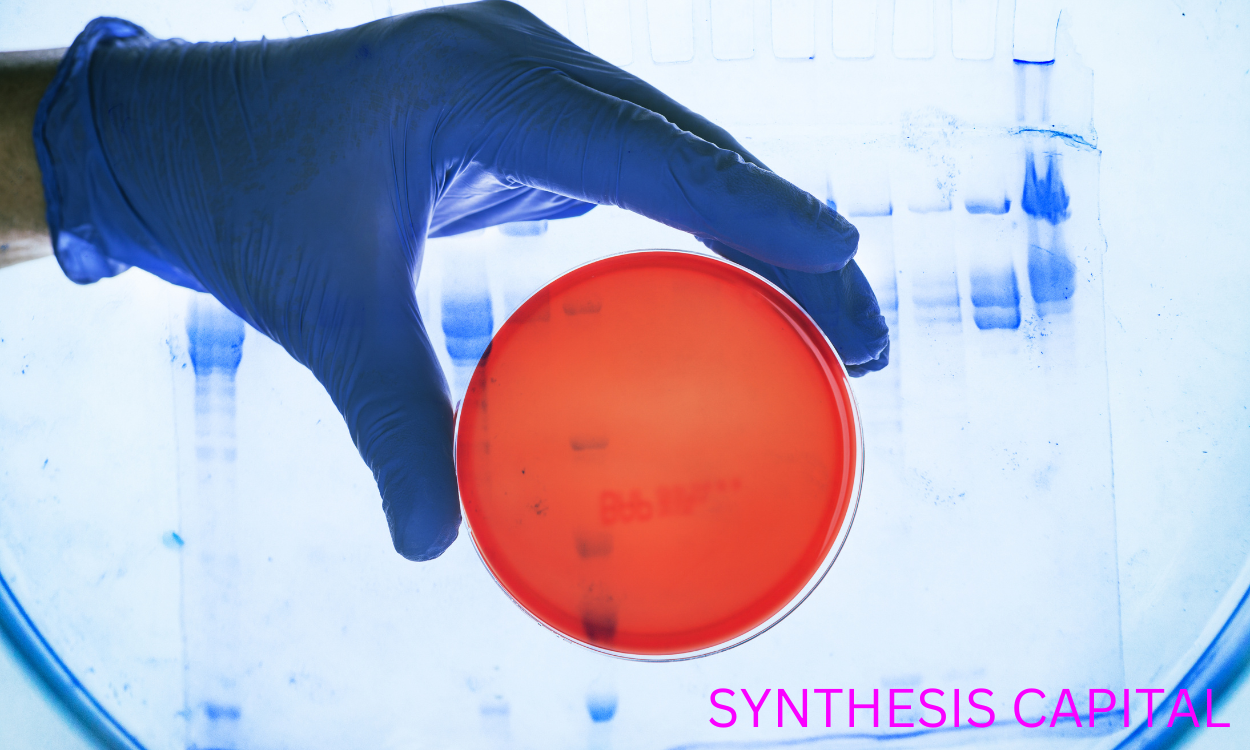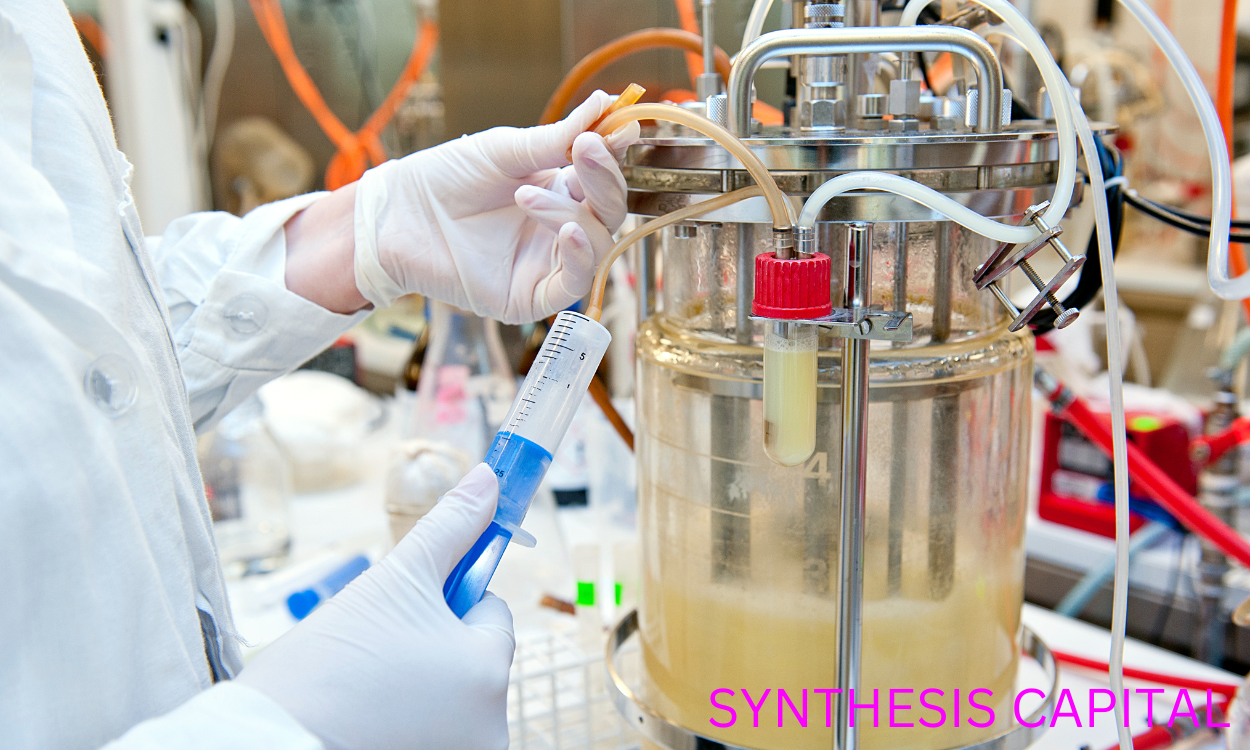The biosynthesis of antibodies is a complex and intricate process that plays a crucial role in the immune system's ability to recognize and fight off harmful pathogens. Antibodies, also known as immunoglobulins, are specialized proteins produced by B cells in response to the presence of antigens. Through a series of highly regulated steps, these antibodies are synthesized, modified, and ultimately released into the bloodstream to target and neutralize specific foreign invaders. Understanding the mechanisms underlying antibody biosynthesis is essential for developing new therapies and vaccines to combat infectious diseases and autoimmune disorders.
Enzymes involved in the biosynthesis of antibodies
In the biosynthesis of antibodies, specific enzymes play crucial roles in facilitating the process. Primarily, activation-induced cytidine deaminase (AID) is responsible for initiating somatic hypermutation and class switch recombination in antibody-producing B cells, leading to increased diversity and affinity of antibodies. Additionally, enzymes such as RNA polymerase II and splicing factors are involved in the transcription and processing of immunoglobulin genes, ensuring the proper production of functional antibodies. Furthermore, enzymes like glycosyltransferases are essential for post-translational modifications of antibodies, impacting their structure and function. Overall, these enzymes work together in a complex pathway to mediate the efficient biosynthesis of antibodies, crucial for the immune response against pathogens.

How is the diversity of antibodies achieved during the biosynthesis process?
The diversity of antibodies is achieved during the biosynthesis process through a series of complex mechanisms. First, genetic recombination occurs in the immune cells, allowing for the shuffling and rearrangement of gene segments that encode for the variable regions of antibodies. This process generates a vast array of potential antibody sequences. Additionally, somatic hypermutation introduces random changes in the DNA sequences encoding the variable regions, leading to further diversity. Furthermore, alternative splicing and post-translational modifications also contribute to the variability of antibodies. Together, these processes result in the production of a diverse repertoire of antibodies capable of recognizing and binding to a wide range of antigens.
What role do B cells play in the biosynthesis of antibodies?
B cells are a crucial component of the immune system responsible for producing antibodies. When a foreign substance, known as an antigen, enters the body, B cells recognize and bind to it through specific receptors on their surface. This binding triggers the activation and differentiation of the B cell into plasma cells, which are specialized in producing antibodies. These antibodies are proteins that specifically target and neutralize antigens, marking them for destruction by other immune cells. Additionally, some B cells can also develop into memory B cells, which "remember" previous infections and allow for a quicker and more effective immune response upon re-exposure to the same antigen.
Understanding the Regulation of Antibody Production in Biosynthesis
The body regulates the production of antibodies during biosynthesis through a complex process involving various immune cells and signaling molecules. When a foreign antigen enters the body, specialized immune cells called B cells are activated and begin to produce antibodies specific to that antigen. This process is tightly regulated by cytokines and other signaling molecules, which help to coordinate the response and ensure that the correct antibodies are produced in the right quantities. Additionally, the body also has mechanisms in place to prevent overproduction of antibodies, such as negative feedback loops and regulatory T cells that can suppress the immune response when necessary. Overall, this precise regulation of antibody production is crucial for maintaining a balanced immune response and effectively fighting off infections.
Exploring the Significance of Glycosylation in Antibody Biosynthesis
Glycosylation plays a crucial role in antibody biosynthesis by affecting the stability, solubility, and functionality of antibodies. The addition of complex sugar molecules to the protein backbone can impact the folding and assembly of antibodies, ultimately influencing their binding specificity and affinity towards antigens. Furthermore, glycosylation is essential for regulating the immune response by modulating antibody-mediated effector functions such as complement activation and cellular cytotoxicity. Overall, glycosylation is a key post-translational modification that is essential for the proper functioning of antibodies in both innate and adaptive immunity.

How does the endoplasmic reticulum contribute to the biosynthesis of antibodies?
The endoplasmic reticulum plays a crucial role in the biosynthesis of antibodies by providing a site for protein synthesis and folding. Within the rough endoplasmic reticulum, ribosomes translate the genetic code for antibody proteins into amino acid sequences, which are then folded into their correct three-dimensional structures. The endoplasmic reticulum also facilitates post-translational modifications of antibodies, such as glycosylation and disulfide bond formation, which are essential for their proper function. Additionally, the endoplasmic reticulum is involved in the quality control of antibody production, ensuring that only correctly folded and functional antibodies are released into circulation. Overall, the endoplasmic reticulum's role in protein synthesis and processing is essential for the efficient production of antibodies in the immune response.
Are there any factors that can disrupt or inhibit the biosynthesis of antibodies?
Several factors can disrupt or inhibit the biosynthesis of antibodies, including genetic mutations that affect the production of key proteins involved in the immune response, exposure to certain environmental toxins or pollutants that can damage immune cells, underlying health conditions such as autoimmune disorders or cancer that may interfere with the normal functioning of the immune system, and certain medications or treatments that suppress the immune system's ability to produce antibodies. Additionally, lifestyle factors such as poor nutrition, stress, lack of sleep, and excessive alcohol consumption can also have a negative impact on antibody production. Overall, a variety of internal and external factors can disrupt the complex process of antibody biosynthesis, leading to potential impairments in the body's ability to mount an effective immune response.
How does the process of antibody biosynthesis differ in response to different pathogens or antigens?
The process of antibody biosynthesis varies depending on the specific pathogen or antigen that the immune system is responding to. When encountering a new pathogen, the immune system must first recognize the unique antigens present on the surface of the invader. This triggers the activation of B cells, which then differentiate into plasma cells that produce antibodies specifically designed to neutralize or eliminate the pathogen. The production of antibodies can differ in terms of quantity, biosynthesis of antibody specificity, and type (IgM, IgG, IgA, etc.) based on the nature of the pathogen and the immune response required. In the case of recurring pathogens or antigens, memory B cells are formed during the initial immune response, enabling a quicker and more robust production of antibodies upon subsequent exposures. Overall, the process of antibody biosynthesis is highly adaptable and dynamic, allowing the immune system to effectively respond to a wide range of pathogens and antigens.
The Intricate Process of Antibody Biosynthesis
- Antibodies are proteins produced by the immune system to help defend against harmful pathogens

- Antibodies are synthesized through a process called biosynthesis, which involves the production of specific proteins called immunoglobulins
- B cells are responsible for producing antibodies, and each B cell can produce a specific type of antibody that targets a specific antigen
- During biosynthesis, B cells undergo a series of complex steps, including gene rearrangement, transcription, translation, and post-translational modifications, to produce functional antibodies